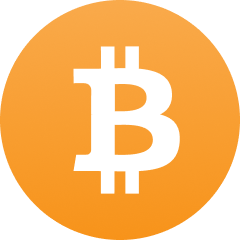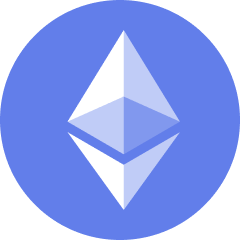| Date Comparison | ||
|---|---|---|
| Today |
€ 0.23
|
+0.04%
|
| 30 Days |
€ 0.25
|
-6.04%
|
| 60 Days |
€ 0.30
|
-30.52%
|
| 90 Days |
€ 0.38
|
-62.09%
|
ADA is the native cryptocurrency of the Cardano blockchain, a decentralized platform designed for building and running smart contracts and decentralized applications (dApps). Launched in 2017 by Charles Hoskinson, one of the co-founders of Ethereum, Cardano aims to provide a more secure and scalable blockchain framework by leveraging a scientific approach and peer-reviewed research. The platform is built in layers, separating the settlement layer (where transactions are processed) from the computation layer (where smart contracts are executed), enhancing flexibility and security.
Cardano is known for its emphasis on sustainability, interoperability, and scalability, and it uses a proof-of-stake (PoS) consensus mechanism called Ouroboros. This allows ADA holders to stake their coins to help secure the network and earn rewards, making it an eco-friendly alternative to proof-of-work systems. ADA is utilized for transactions, staking, and governance within the Cardano ecosystem, empowering users to participate in decision-making processes and contributing to the development of the platform.






















